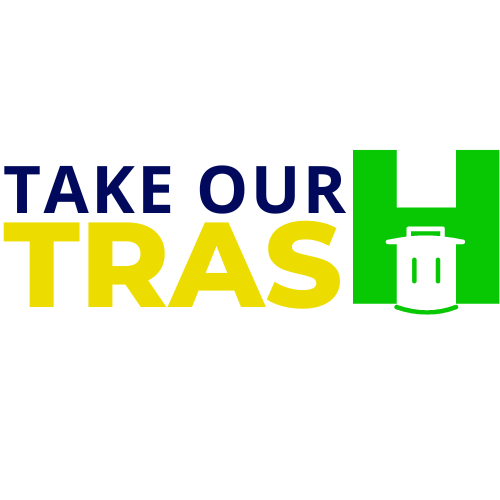Proper waste management is crucial for maintaining cleanliness, public health, and environmental sustainability. However, the approach to managing trash and recycling can differ significantly depending on where you live. If you’re wondering whether waste management services vary between apartments and single-family homes, this blog will break down the key differences and what you need to know.
Waste Management Basics: What’s the Same?
Regardless of the type of residence, the goals of waste management remain consistent:
-
Collect and dispose of garbage efficiently
-
Promote recycling and composting where possible
-
Reduce landfill waste through responsible disposal practices
-
Maintain community cleanliness and safety
However, how these goals are achieved depends heavily on the type of housing and the infrastructure in place.
Waste Management for Single-Family Homes
How It Works:
-
Individual Curbside Pickup: Single-family homes typically have their own trash bins and recycling containers, which are placed curbside on designated collection days.
-
Set Schedule: Municipalities or private waste companies provide regular pickup schedules (weekly, biweekly).
-
More Control: Homeowners can manage the quantity of waste they generate and have direct responsibility for their bins.
-
Additional Services: Bulk item pickup, yard waste collection, and hazardous waste disposal may be available as add-ons.
Advantages:
-
Convenience of individual service and scheduled pickups
-
More space for multiple bins (trash, recycling, compost)
-
Ability to schedule special pickups or rent additional containers
Challenges:
-
Requires proper placement of bins for collection
-
Managing waste if you generate excess trash or bulky items
Waste Management for Apartments and Multi-Family Buildings
How It Works:
-
Shared Disposal Areas: Apartments usually have centralized dumpsters or trash rooms where residents dispose of their waste.
-
Bulk Waste Handling: Property management coordinates with waste companies to empty dumpsters regularly.
-
Recycling Programs: Shared recycling bins or areas are provided, but participation can vary by building.
-
Limited Space: Smaller units mean less personal storage for trash bins, so communal disposal is common.
Advantages:
-
No need to take bins to the curb daily
-
Property managers handle coordination with waste services
-
Potential for organized bulk waste removal events
Challenges:
-
Risk of improper disposal due to shared bins (contamination in recycling)
-
Overflow issues if dumpsters aren’t emptied frequently
-
Less control over pickup schedules and service quality
-
Potential for increased odors or pests if waste areas aren’t maintained well
Key Differences Between Apartment and Single-Family Waste Management
|
Aspect |
Single-Family Homes |
Apartments / Multi-Family Buildings |
|
Pickup Method |
Individual curbside bin |
Shared dumpsters or trash rooms |
|
Waste Storage |
Personal bins, stored on property |
Communal waste rooms or dumpsters |
|
Service Scheduling |
Fixed municipal or private schedule |
Managed by property management |
|
Bulk Waste Handling |
Special pickups or drop-off by homeowner |
Coordinated by building management |
|
Recycling Control |
Individual responsibility |
Shared, with varied participation |
|
Space for Bins |
Usually ample space on property |
Limited personal space, communal areas |
Tips for Effective Waste Management in Both Settings
For Single-Family Homeowners:
-
Follow your municipality’s rules for sorting recyclables and trash.
-
Keep bins clean and secure to avoid attracting pests.
-
Use scheduled bulk waste pickup for large items.
-
Consider composting to reduce yard waste.
For Apartment Residents:
-
Use designated bins correctly to avoid contamination.
-
Report overflowing or unsanitary trash areas to property management.
-
Participate in recycling programs whenever possible.
-
Dispose of hazardous materials properly through community programs.
Conclusion
Waste management differs quite a bit between apartments and single-family homes, mainly due to the scale and logistics involved. While single-family homeowners enjoy more direct control over their trash disposal, apartment residents benefit from shared services but face unique challenges like shared bin maintenance and limited space.
Understanding these differences helps residents play their part in maintaining clean, safe, and sustainable communities—no matter where they live.

